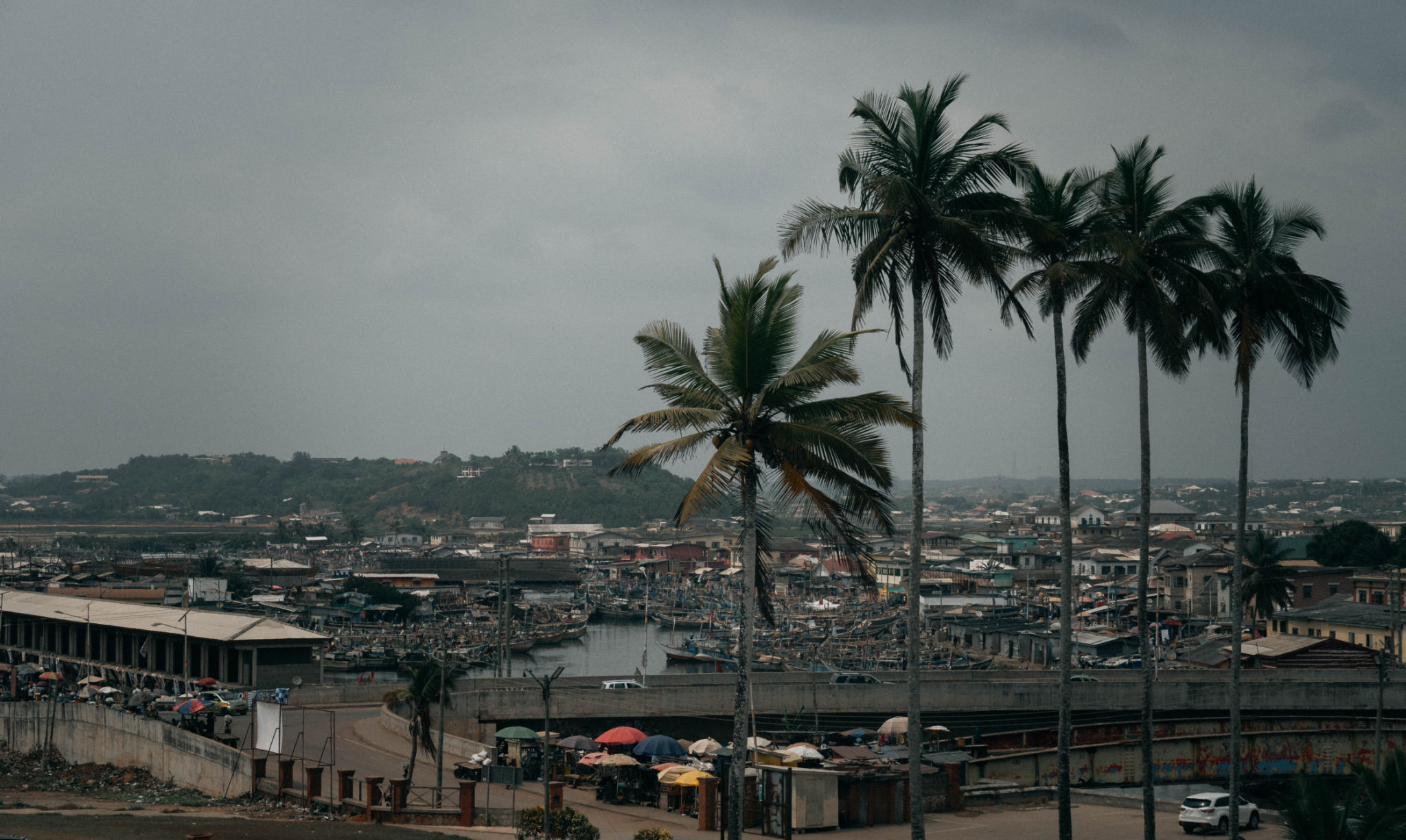Seasonal Changes and Their Impact on Ghana's Coastal Ecosystems
Understanding Seasonal Changes in Ghana
Ghana's coastal ecosystems are a vibrant tapestry of biodiversity, playing a crucial role in the nation's climate and economy. These ecosystems, primarily made up of mangroves, estuaries, and sandy beaches, experience significant impacts due to seasonal changes. Understanding these changes is essential for effective environmental management and conservation efforts.
The country experiences two main seasons: the wet season, occurring from April to October, and the dry season, from November to March. These seasonal variations significantly influence the coastal ecosystems, affecting both the flora and fauna that inhabit these areas.

The Wet Season's Effects
During the wet season, heavy rainfall increases the influx of freshwater into coastal areas, which can lead to both positive and negative impacts. On the positive side, increased freshwater can help replenish nutrients and support the growth of mangroves and other vegetation critical to the ecosystem's health.
However, excessive rainfall can also lead to flooding, which may cause erosion of the coastline and loss of habitat for certain species. The increased sedimentation can affect water clarity and quality, impacting marine life such as fish and crustaceans that rely on clear waters for breeding.
Challenges of the Dry Season
The dry season presents its own set of challenges for Ghana's coastal ecosystems. Reduced rainfall leads to lower water levels in estuaries and lagoons, which can concentrate pollutants and increase salinity levels. This change in salinity can stress freshwater species and alter the composition of habitats.
Additionally, the dry season often brings higher temperatures, which can exacerbate water evaporation rates and further reduce available water resources. This can lead to increased competition among species for limited resources, potentially threatening biodiversity.

Human Activities and Seasonal Impact
Human activities along Ghana's coastlines also influence how these ecosystems respond to seasonal changes. Activities such as agriculture, industrial development, and tourism can exacerbate the effects of seasonal variations. For instance, agricultural runoff during the wet season can introduce pollutants into coastal waters, further degrading water quality.
Similarly, increased tourism during peak dry months can lead to higher waste generation and resource consumption, putting additional pressure on already stressed ecosystems. Effective management strategies are needed to mitigate these impacts and promote sustainable use of coastal resources.
Conservation Efforts and Adaptation Strategies
To address the challenges posed by seasonal changes, Ghana has implemented several conservation efforts. These include the establishment of marine protected areas and initiatives to restore degraded mangrove forests. Community involvement is also critical in these efforts, as local knowledge can enhance the effectiveness of conservation strategies.

Adaptation strategies are being developed to help communities cope with seasonal impacts on their livelihoods. These strategies include promoting sustainable fishing practices, improving water management systems, and diversifying income sources to reduce dependency on natural resources.
The Future of Ghana's Coastal Ecosystems
The future health of Ghana's coastal ecosystems depends on a balanced approach that considers both environmental and socio-economic factors. As climate change continues to influence weather patterns globally, understanding and adapting to local seasonal changes will be increasingly important.
By fostering collaboration between government agencies, local communities, and international organizations, Ghana can develop resilient strategies that protect its coastal ecosystems and support sustainable development. Continuous research and monitoring will be key in adapting to future challenges and ensuring the long-term health of these vital ecosystems.